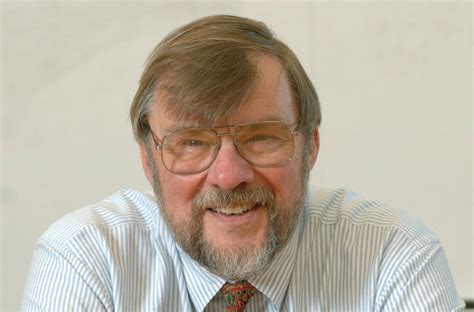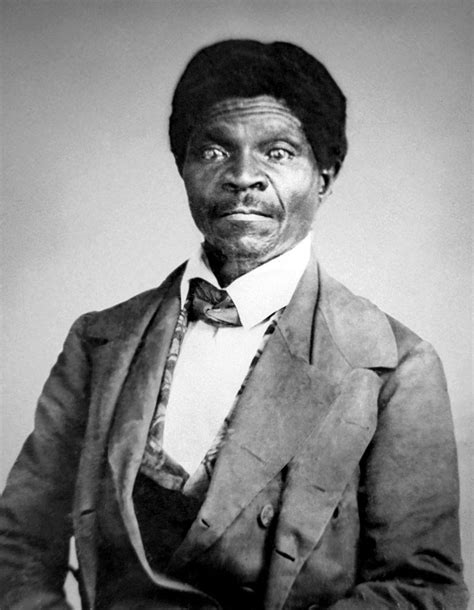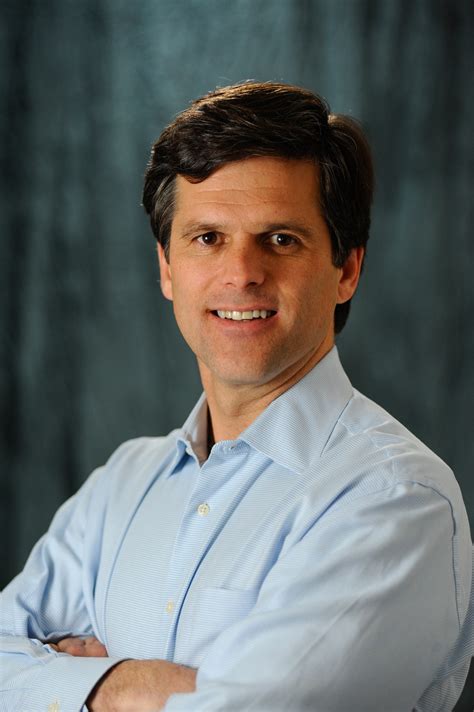A Quote by Neil Gaiman
Empathy is a tool for building people into groups, for allowing us to function as more than self-obsessed individuals.
Related Quotes
The Internet is allowing for us to really experience people in some of the most distant places in the world - as other people just like us. So get to know people, seek out bloggers from a country you're kind of curious about. It's about building empathy and breaking through to the point of recognizing people as people.
Hackman's paradox: Groups have natural advantages: they have more resources than individuals; greater diversity of resources; more flexibility in deploying the resources; many opportunities for collective learning; and, the potential for synergy. Yet studies show that their actual performance often is subpar relative to "nominal" groups (i.e. individuals given the same task but their results are pooled.) The two most common reasons: groups are assigned work that is better done by individuals or are structured in ways that cap their full potential.
I believed in looking at people as individuals, not in groups. I hated groups; still do. And I saw particularly the university, the university artists really acted as a group. The others didn't so much, but the university people took advantage of that and behaved like a group, rather than as individuals. They had a lot of power that way.
Olympics are three times more likely to be employed than people of a similar age, ethnic and socioeconomic status who have not been participating. It's a correlation, not a causation as far as the statisticians go, but the fascinating question is; Is there something in participation in sports, in community-building, confidence building, self-image-building, strength building, social networking - that greatly enhance employability?
People are wonderful. I love individuals. I hate groups of people. I hate a group of people with a 'common purpose'. 'Cause pretty soon they have little hats. And armbands. And fight songs. And a list of people they're going to visit at 3am. So, I dislike and despise groups of people but I love individuals. Every person you look at; you can see the universe in their eyes, if you're really looking.

































